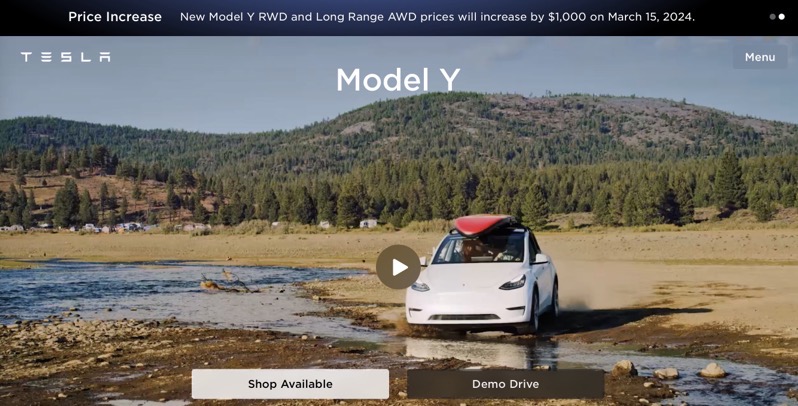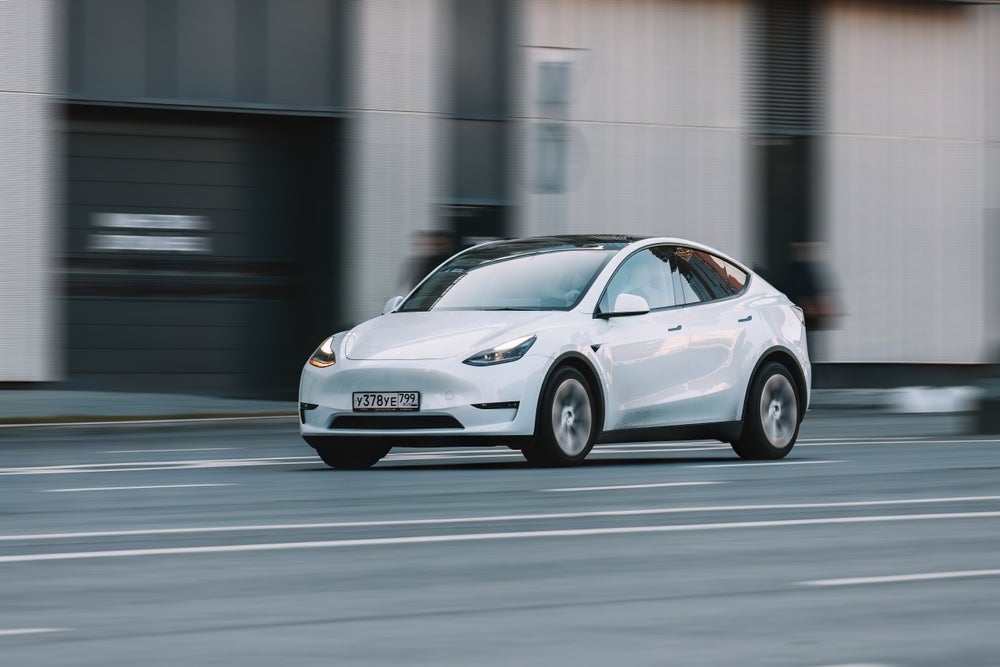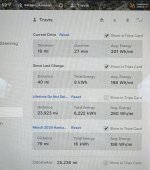While I agree with the concept of EV's in general, I can't help but feel we are rushing things without thinking the process through.
Assuming the grid is up to handling the added load, how are we going to deal with natural disasters when it could be down for a month or more? What would have happened during hurricane Katrina if there were no gas/diesel fire trucks, ambulances or publicly owned ICE vehicles? Fossil fuels can be trucked to wherever they are needed but you can't transport electricity without a grid.
Yes, there is natural gas, which can be piped in, but it is not universally available. That supply can also be disrupted by lack of power at pumping & regulation stations. Wind and solar sources are a possibility but they are also not available everywhere.
Will every household, firehouse, hospital and police station have to own & maintain a generator, wind turbine or solar panel array just in case? When there are no more gas stations, who will own & operate the fleet of tank trucks necessary to haul fuel to thousands of backup generators. For that matter, where will they fill these tankers?
When all our eggs are in the "electric basket", national security and terrorism become increasing threats. It won't take much to bring down a few key transmission lines and cause major blackouts.
With all the ingenuity and engineering ability we have in this country, I'm certain there are ways to deal with all of this but no one seems to be doing so. In our haste to go all electric, I don't think enough thought has been given to these issues.


